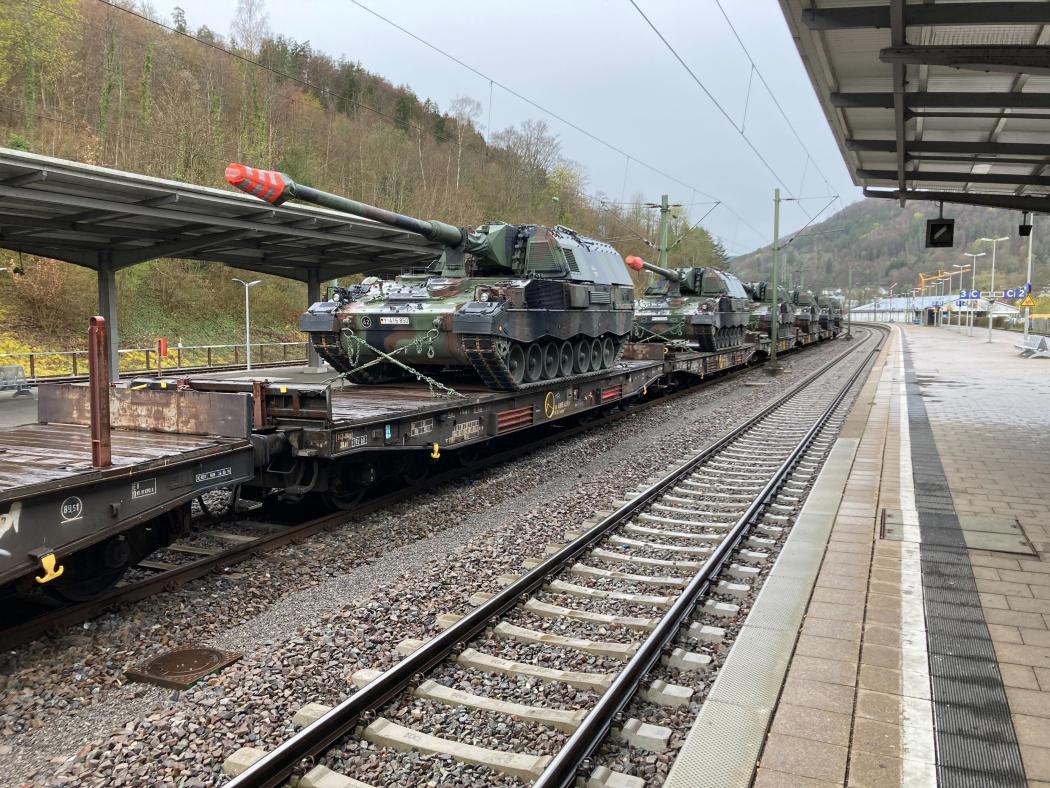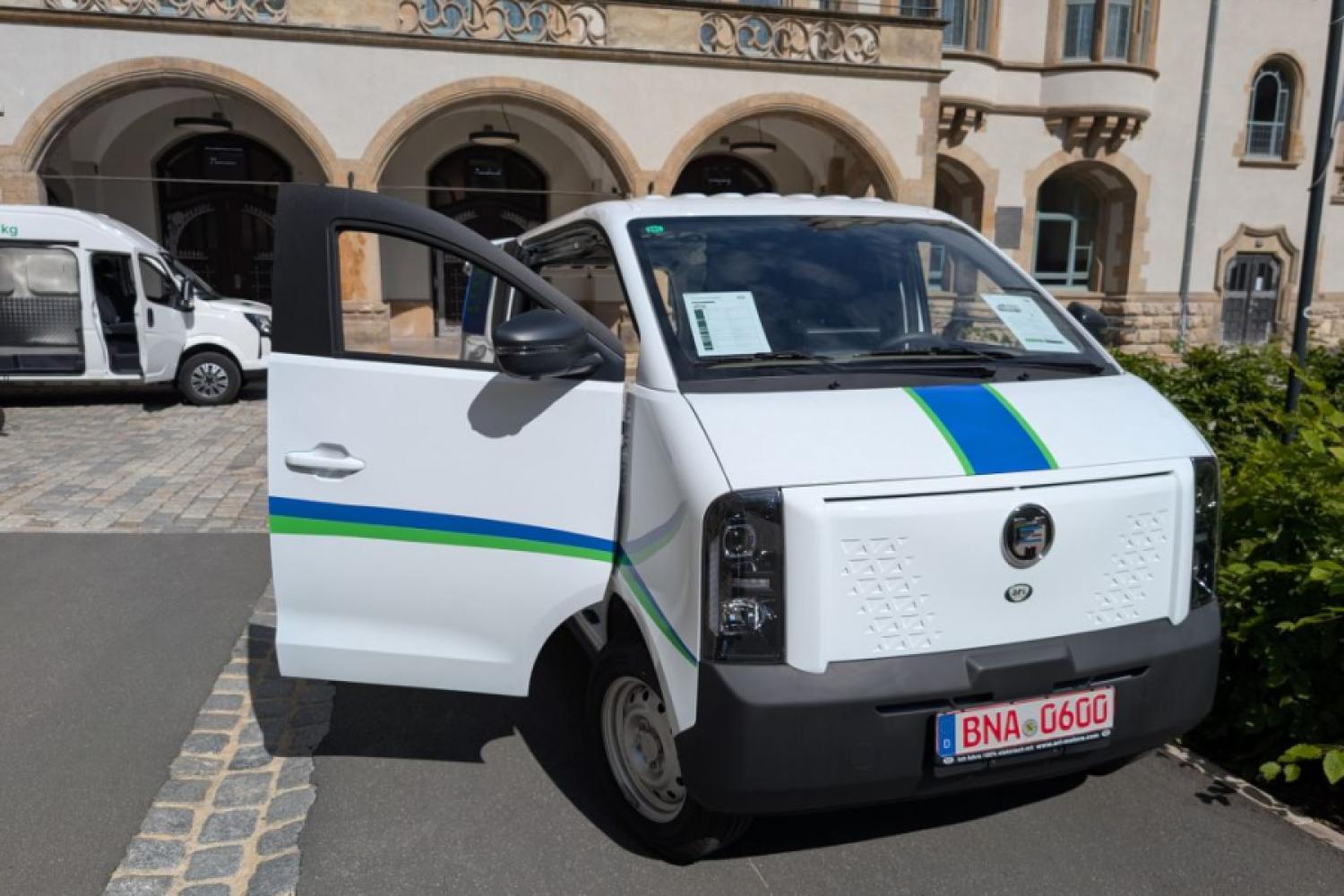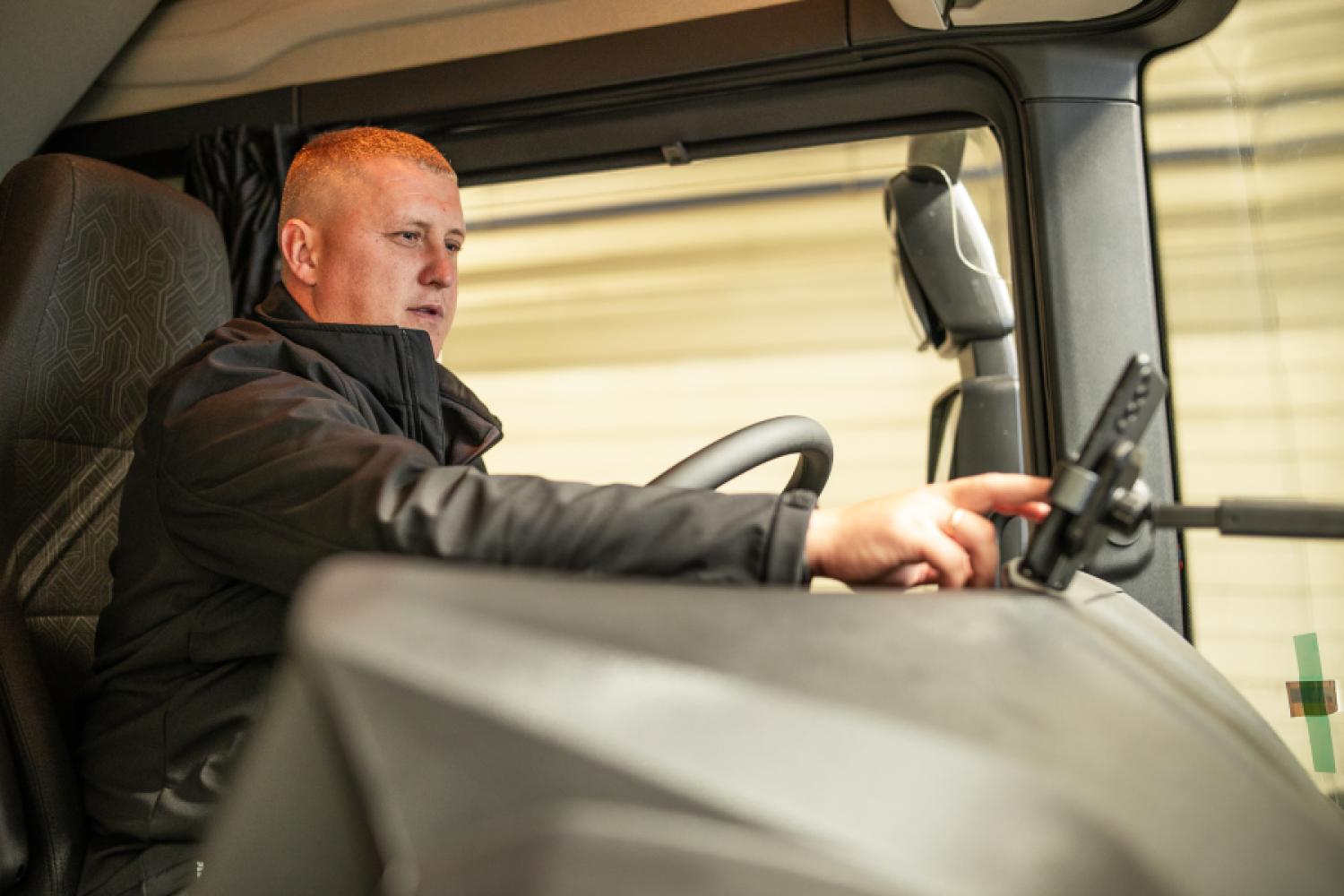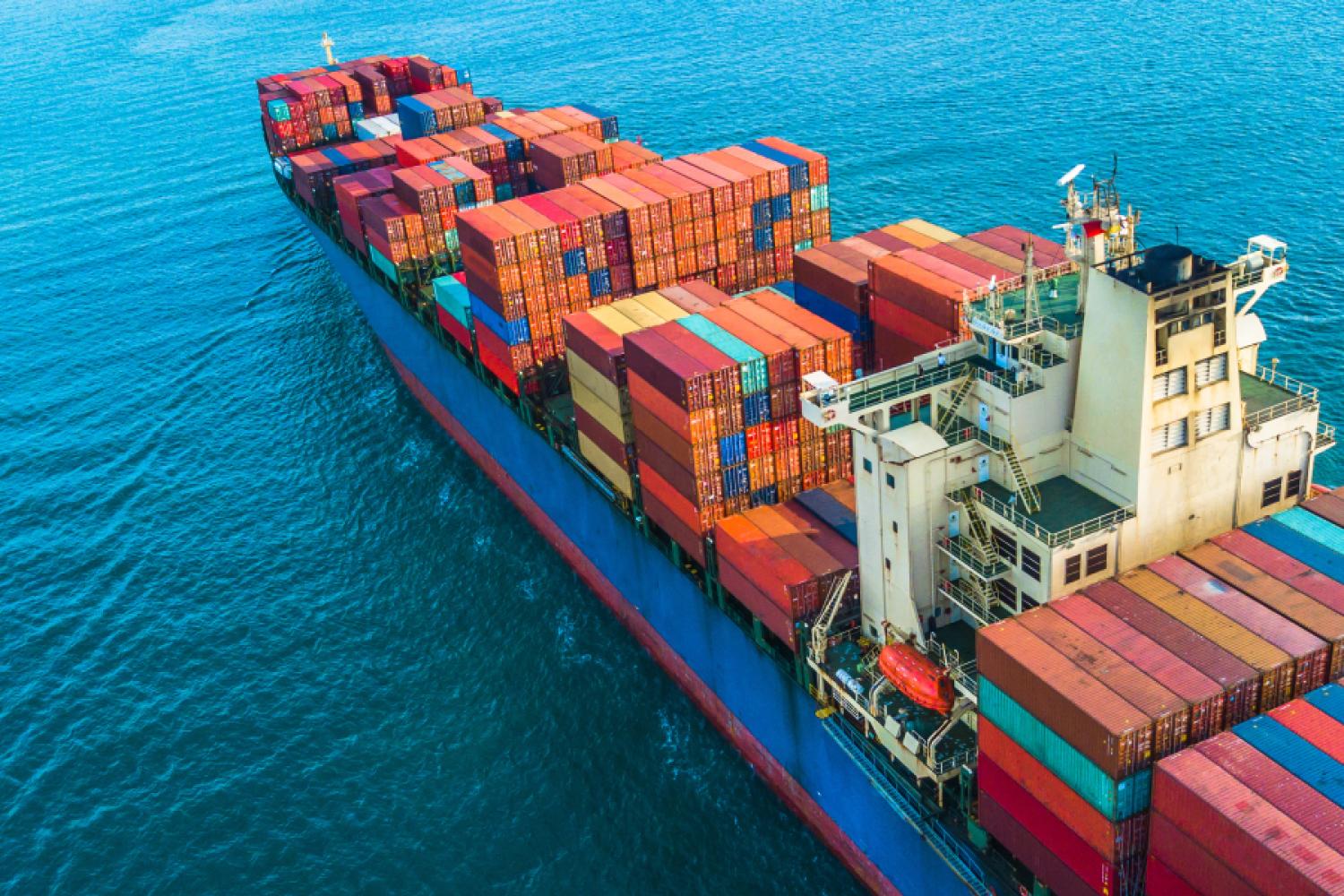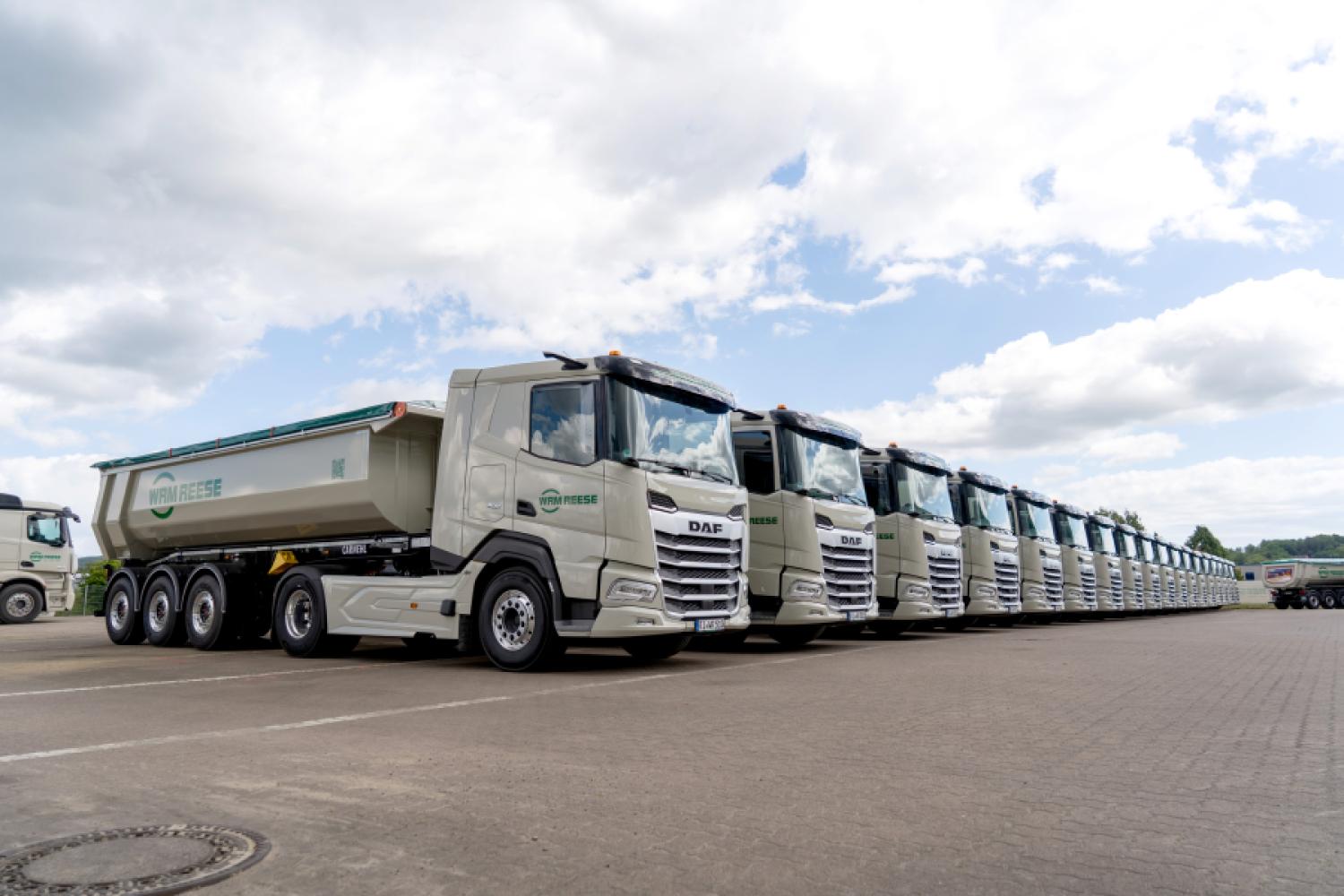The Russian war of aggression against Ukraine sheds new light on rail freight transport and confronts the industry with additional requirements from the military sector. Due to its geographical situation, Germany has a special role in military transport and serves as a logistical hub in Europe. This was stated by Nicole Knapp, Managing Director Railways at the Association of German Transport Companies (VDV), during a press conference in Hamburg on June 17, 2025.
According to this, rail freight transport in Germany faces two challenges due
to the current political situation: providing enough rolling stock for the transportation of troops, equipment, and dangerous goods in the event of defense, and questioning whether the existing rail infrastructure in Germany is sufficient to ensure military transportation. The VDV sees a need for improvement in both areas.
"We are not talking about conventional rail freight transport here, but about large, heavy, and long transports that have certain requirements," Knapp said. "This also affects the infrastructure – it won't work without a basic military railway
network. We must especially examine bridges and tunnels regarding their usability for military purposes. Additionally, it concerns cross-border traffic and the question of whether it is possible to traverse Europe with these special transports without any issues. Furthermore, we must also address the electrification of tracks under this aspect," explained the VDV Managing Director.
From the association's point of view, additional financial resources are necessary for upgrading the rail infrastructure for military purposes. According to the VDV's wishes, these should come from the recently increased
budget of the Federal Ministry of Defense.
"We definitely need to build redundancies in case existing networks are used for military transports," Knapp continued. "Moreover, we must try to optimize the existing conditions and find timely solutions for these new challenges."
As further topics in the area of military use of rail infrastructure, Knapp sees the coordination with German ports on the North and Baltic Seas and the development of modern transshipment points to ensure the smooth transport of military goods by road and rail.
